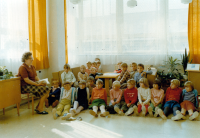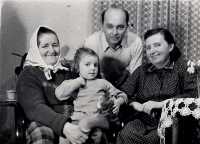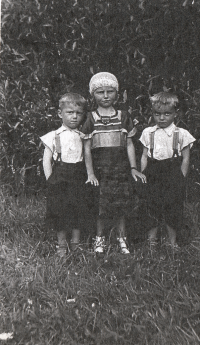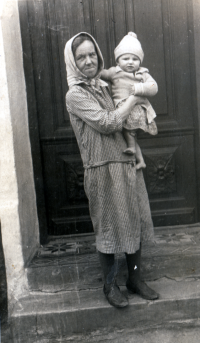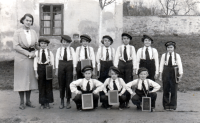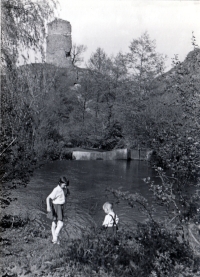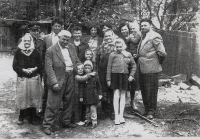August 1968 was my biggest disappointment
Download image
Zdeňka Dostálová, née Navrátilová, was born in Otaslavice on 26 January 1929 as the eldest of four siblings to parents Anděla Navrátilová, née Nováková, and František Navrátil. Her father made his living as a tailor during the winter and worked in an orchard in the summer. Her mother was a housewife. The family owned a small farm. As a child, Zdeňka Dostálová witnessed local World War II developments in Otaslavice and Prostějov, as well as the bombing of Brno in 1944. In 1947, she completed a business school in Prostějov and joined Prostějov’s Götz textiles company as a payroll accountant. OP Prostějov took over the business in 1948. To keep her job, Zdeňka was forced to join the Communist Party of Czechoslovakia (CPC). She married Josef Dostál, a mechanical engineer, in 1950. Two children were born, daughter Zdeňka in 1951 and son Josef in 1956. The family moved to Uničov in 1953 where Zdeňka Dostálová worked at a local afterschool club from 1962 on. Following the Warsaw Pact invasion of 1968, she gave back her CPC member card and was reassigned to a different job as a result. For the same reason, her son faced difficulties during university admission later on. Daughter Zdeňka died in 1974 and husband Josef died five years later. Zdeňka Dostálová was living in Uničov at the time of recording for Memory of Nation in 2023.
